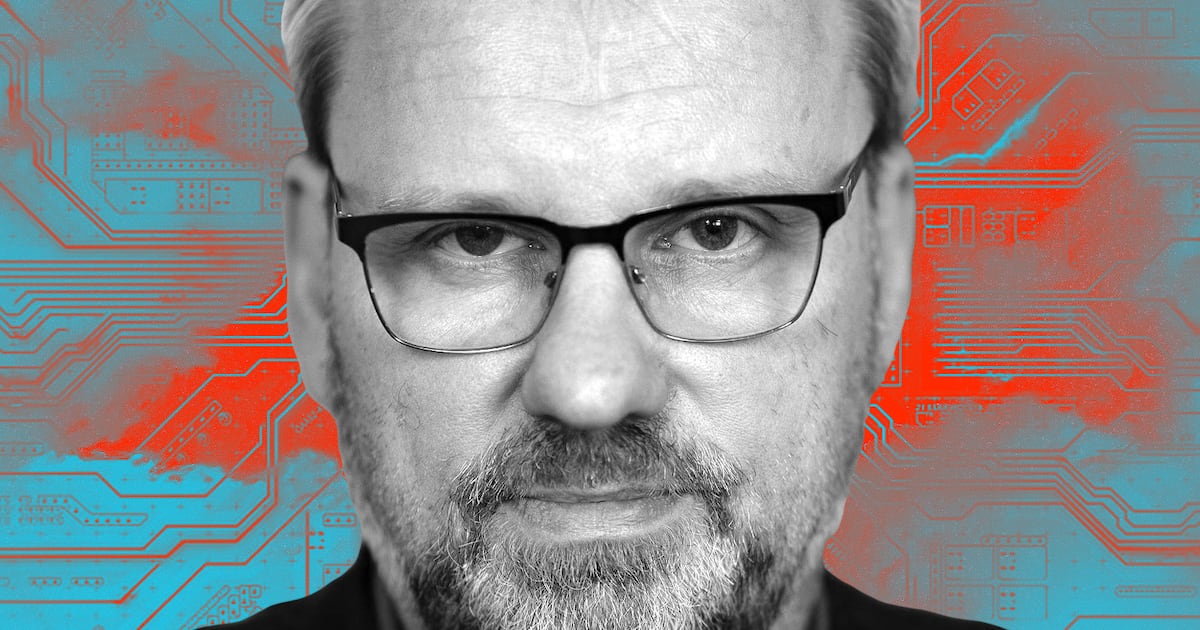Wolfgang Munchau is a columnist for DL News. He is co-founder and director of Eurointelligence, and writes a column on European affairs for the New Statesman. Opinions are his own.
Wait for it. A European Union country will soon issue an arrest warrant for Satoshi Nakamoto, who is accused of inventing a platform that he has continuously failed to regulate.
The crypto industry should be very concerned about the arrest in Paris of Telegram founder Pavel Durov. Not only is Telegram the second most popular platform for the crypto industry after X.
What happened to Durov could soon happen to any crypto CEO—and indeed any tech entrepreneur.
Durov was arrested broadly for failing to combat illegal content on his social media platform. The EU Digital Services Act makes operators of digital platforms responsible for content.
Thierry Breton, the EU industry commissioner, went so far as to write to Elon Musk earlier this month.
He told the tech billionaire that his interview with former President Donald Trump would be in violation of the law, possibly because Trump would spread lies the moment he opened his mouth.
Then Brussels Denied That allowed Breton to send a warning to Musk.
Join the community to get our latest articles and updates
Breton, a Frenchman, is the leader of the EU's anti-digital fight at the European Commission. His country had gone further to incorporate these principles into its criminal law.
It's one thing for the EU to fine a company that violates the Digital Services Act or an EU regulation.
Another is for a CEO to face criminal charges for failing to moderate a digital platform.
If you apply the same principle to the crypto world, it makes the operators of crypto exchanges like Binance or Coinbase responsible for every transaction that happens on them.
Anti-crypto
The problem is encryption. Telegram offers its 900 million users the ability to encrypt messages — though not the same end-to-end encryption that has become standard in apps like WhatsApp.
The EU's position is anti-crypto in the broadest sense – anything that escapes the clutches of the authorities.
An immediate solution to this problem is for tech companies not to set up physical offices in the EU and for executives not to move to the EU.
Another tech company currently in trouble is Sam Altman's WorldCoin.
The data protection authority in the German state of Bavaria is entering the final weeks of a two-year-long audit of Tools for Humanity, a crypto-biometrics project co-founded by WorldCoin.
The Bavarians suspect that Altmann's project violates the EU's General Data Protection Regulation, or GDPR, and will probably be terminated.
The big idea of Tools for Humanity is to scan people's retinas to give them a “world ID” – to identify you as a human online.
Project participants can claim coins from WorldCoin's cryptocurrency.
The reason Bavarians are involved with Altman's Worldcoin is because Tools for Humanity, a manufacturer of physical scanners, has offices in Bavaria.
Here's a lesson: try to stay outside the EU.
In the long run allowing Europeans to import your products or access your services is cheaper than abandoning your business model rather than producing from within the EU.
I certainly wouldn't be surprised if the WorldCoin project also risks running afoul of European regulation.
GDPR
I have been watching Europe's drive towards an overtly hostile regulatory environment for digital industries for some time.
GDPR is where it all started. The EU's data protection policy came into force in 2016. GDPR doesn't just give you notifications of annoying cookies on websites.
This imposes heavy bureaucracy on businesses, especially small businesses, and is a real obstacle for the EU to become a major force in AI, which depends on the availability of data.
The EU's drive against digital culminated in last year's Digital Services Act and this year's regulations on AI and crypto.
The EU has virtually no skin in the game in the tech industry, but hopes it can set the global regulatory pace. It was definitely used in the past.
There are more than 500 million relatively wealthy people in the EU. But its economic weight in the world is not as big as it used to be.
This is especially true if we measure income in terms of purchasing power, as the World Bank does – you get very different figures than official dollar-based metrics.
Based on these statistics, Russia is much bigger and the EU much smaller than the Western media thinks.
The EU accounts for only 15% of world GDP under the purchasing power metric. It's not big enough to hold the high-tech world captive forever.
Impossible to control
With a shrinking population, economic stagnation and hostility to the biggest growth industry on the planet, the EU cannot set regulatory standards.
The idea that the EU will forever be a regulatory superpower is an illusion. But for now, there are enough Europeans who believe it.
The way to beat the EU is to use decentralized platforms.
They can't do anything about Bitcoin. But they have the legal lever to take action against any company that operates within the EU or is foolish enough to travel to the EU.
This is how they get you.
A decentralized social media platform is impossible to control.
Breton had no one to write his silly letters to. An arrest warrant for Nakamoto would be the perfect end to this madness.







